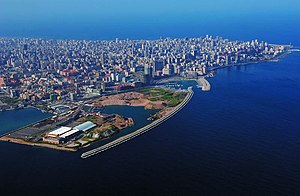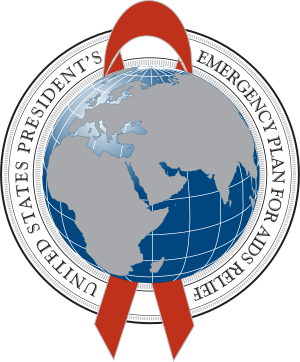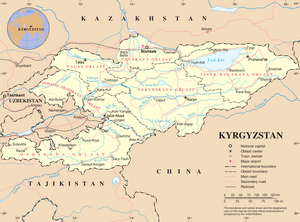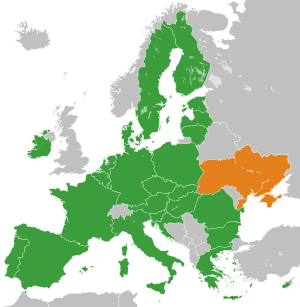 |
| Image via Wikipedia |
Arbitrary arrest, detention, torture and sexual assaults on transgender persons have increased in Kuwait during the last four years, says the Human Rights Watch (HRW). Transgender ‘women’ are individuals who are born male but identify themselves as female. “They hunt us down for fun” was the title of a HRW report on the issue of transgender, launched at the Le Royal Hotel yesterday.
Nadim Houry, HRW Middle East and North Africa Deputy Director, slammed authorities for using Article 198 of the amended 2007 law to arrest, abuse and persecute a transgender. The 63-page report bears documents and testimonies by transgender women victimized by Kuwaiti police since 2008.
“The law has been a huge enabling factor to arrest and abuse members of the transgender. It is like giving a green light to authorities, not only to police but even members of society, to arrest and torture transgender persons and use force and impunity against them.”
According to Houry, the frequency of torture and abuses against the transgendered has definitely increased to a tremendous level in the past four years.
“Just before amending the law, we did not see such a huge number of abuses against transgender,” he added. HRW slammed Kuwaiti police for torturing and sexually abusing transgender women and called on the Gulf state to hold officers accountable.
“Our key recommendations are clear, we want the authorities here to investigate the torture, sexual assault and ill-treatment of detainees and prosecute those responsible in accordance with the law,” Al-Houry mentioned citing the content of the report.
“We want Kuwait to ensure that until its repeal (of amended 2007 law) the law is not applied to anyone who has been diagnosed with gender identity disorder,” the report added. Rasha Moumneh, HRW researcher, read out summary reports of about 40 transgender women who were arrested, harassed and abused by Kuwaiti police.
Transgender women reported that sexual assault they endured at the hands of policemen includes touching, groping, rape and blackmailing them into non-consensual sex by threatening to arrest them if they did not comply.
Transgender women have also reported degrading and humiliating treatment by police, which includes being forced to strip and parade around a police station, being forced to dance for officers, sexual humiliation and verbal intimidation. According to Moumneh, a common complaint among transgender women is police blackmail for sex under threat of arrest. One of the testimonies read was the case of Rima, 27, who admitted to virtually being a sex slave during college days.
“In October 2009 I passed a checkpoint right outside my university gate. I got scared of course and turned back, but the policeman got suspicious. I stayed on campus for five hours until I was sure that the checkpoint moved. The next day I saw the same police officer. When I was walking towards my car, he stopped me and asked for my ID. I gave it to him, and immediately the sexual harassment started. He forced me to take off my top so he could see my breast, right in the middle of the parking lot. When I told him he had no right to treat me that way, he said “either you take my number and meet me for sex or I will take you to prison.”To avoid arrest and torture, Rima accepted the offer from the police officer and was enslaved for the rest of college, the testimony says.
Transgender women reported being arrested even when they were wearing male clothing and then later being forced by police to dress in women’s clothing. In some cases documented by Human Rights Watch, transgender women said police arrested them because they had a “soft voice” or “smooth skin.” Sarah Leah Whitson, HRW’s Middle East Director, noted in a statement that “No one-regardless of his or her gender identity-deserves to be arrested on the basis of a vague, arbitrary law and then abused and tortured by police.”
“The Kuwaiti government has a duty to protect all of its residents, including groups who face popular disapproval, from brutal police behavior and the application of an unfair law,” she said in a statement.






























 Join our page
Join our page

